Rainwater Collection System Installation
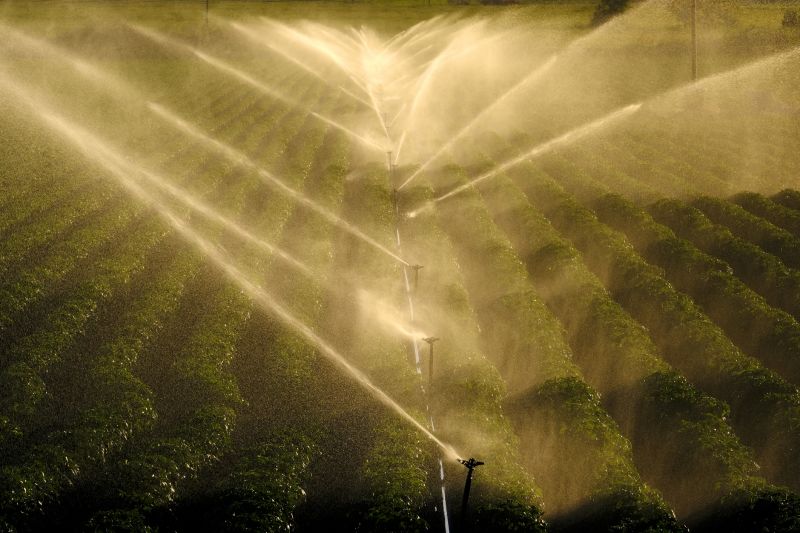
Installing rainwater collection systems in early spring takes advantage of upcoming rainfall and prepares for the wetter months.
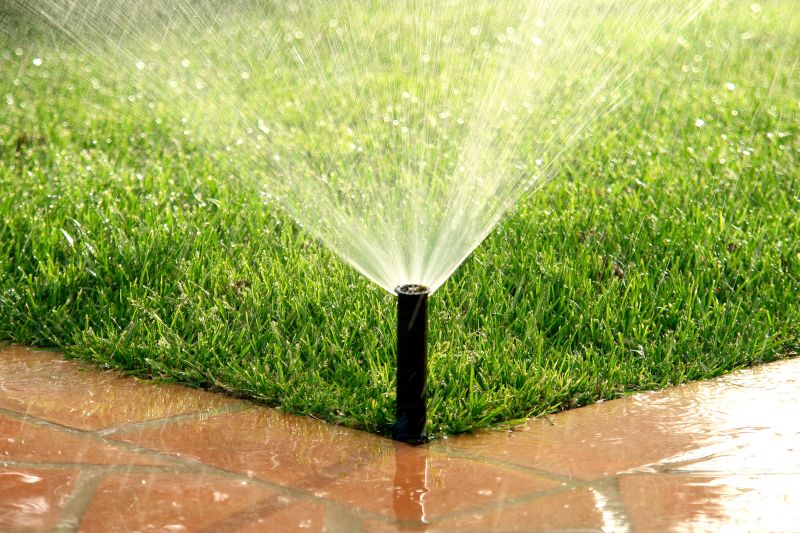
Late summer is ideal for installations before the onset of fall rains, ensuring readiness for seasonal changes.
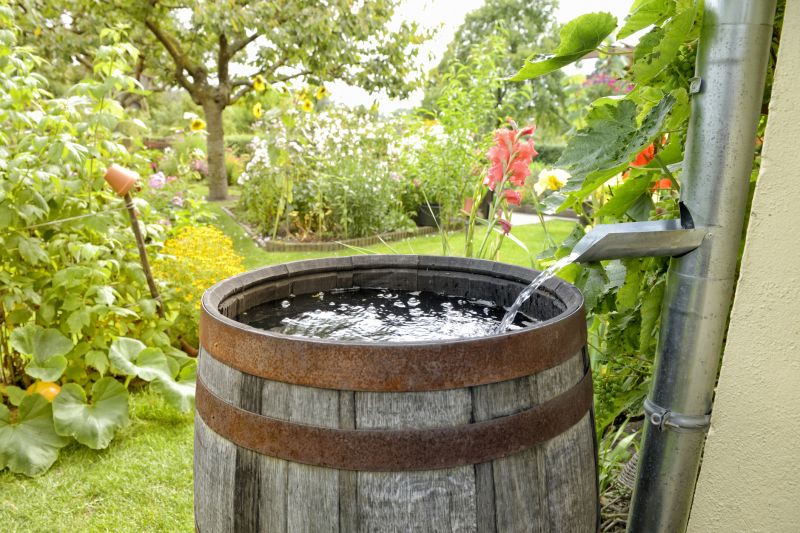
Autumn installations can optimize collection before winter, especially in regions with predictable rainfall patterns.
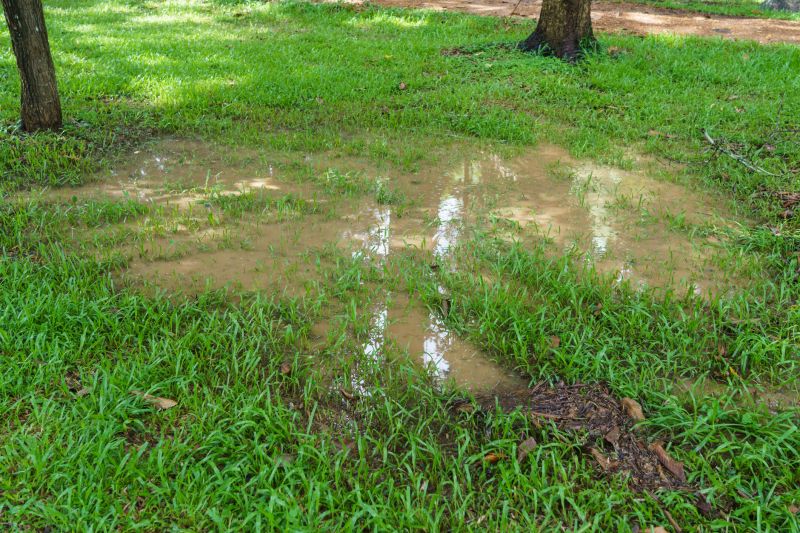
Ways to make Rainwater Collection Installations work in tight or awkward layouts.
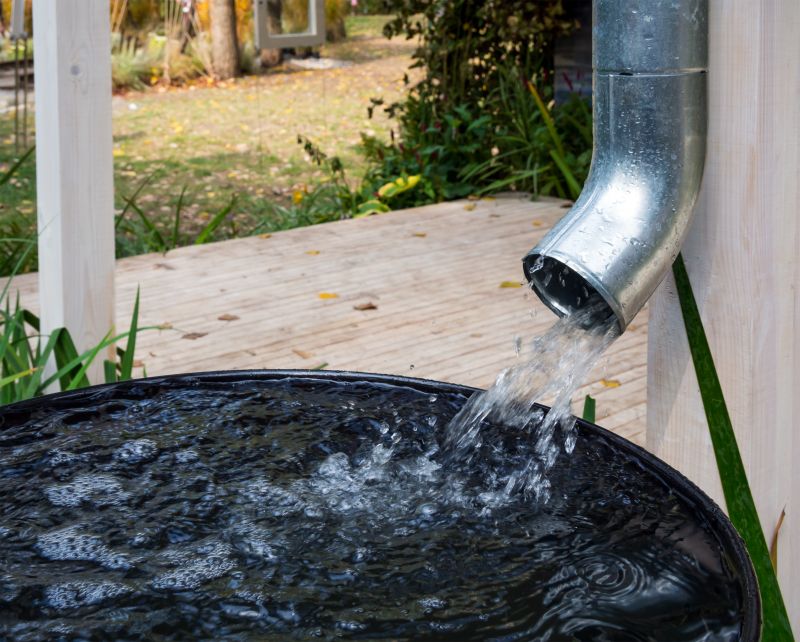
Popular materials for Rainwater Collection Installations and why they hold up over time.
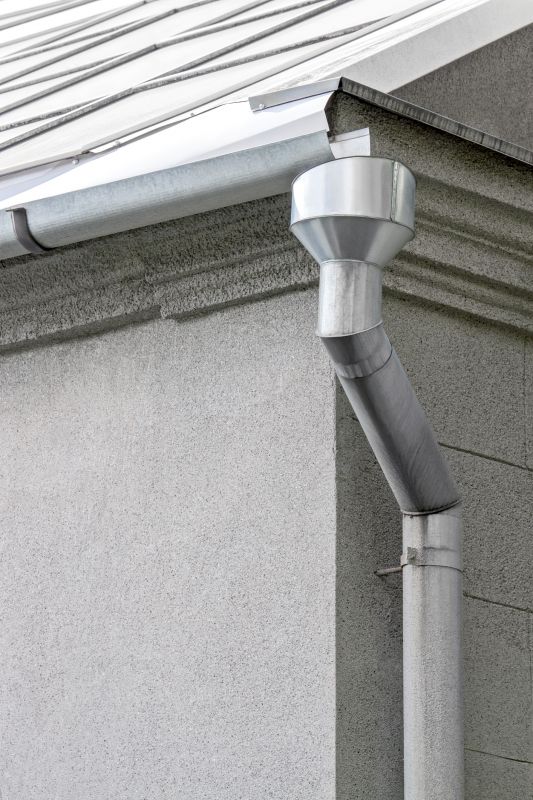
Simple add-ons that improve Rainwater Collection Installations without blowing the budget.
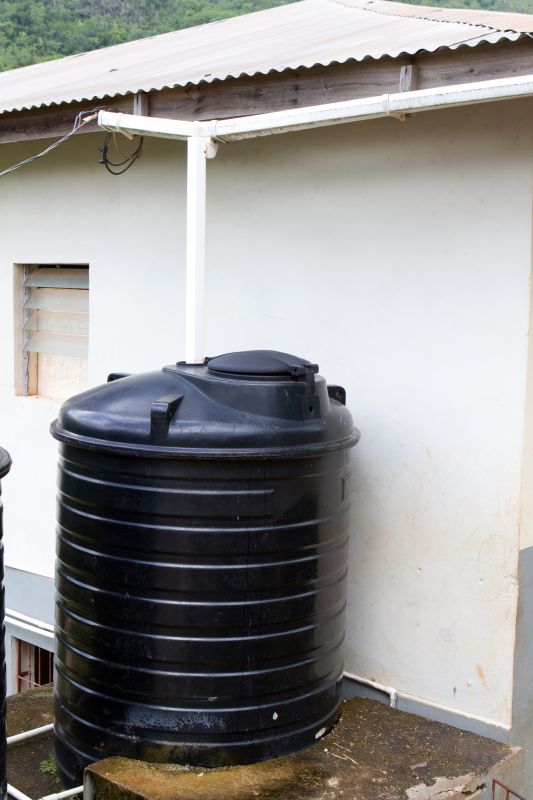
High-end options that actually feel worth it for Rainwater Collection Installations.

Finishes and colors that play nicely with Rainwater Collection Installations.
Rainwater collection installations involve setting up systems to capture, filter, and store rainwater for various uses. These systems typically include catchment surfaces, conveyance systems, filters, and storage tanks. Proper installation ensures efficient water collection and prevents issues such as contamination or overflow. The timing of installation can impact system performance, with considerations including seasonal rainfall patterns, weather conditions, and local climate. Installing during periods of moderate weather reduces the risk of delays and damage, while also allowing for thorough setup before heavy rainfall begins.
Statistics indicate that regions with consistent rainfall benefit from well-timed rainwater collection systems, which can reduce reliance on municipal water sources and lower utility costs. Properly timed installations can also extend the lifespan of system components by avoiding harsh weather conditions during setup. Planning installation during favorable weather conditions ensures optimal system performance and longevity.
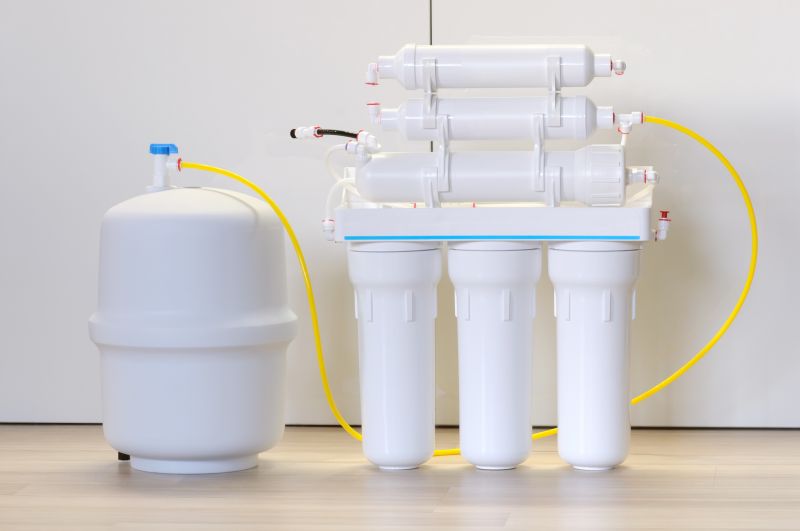
Includes catchment surfaces, gutters, filters, and storage tanks designed for efficient water collection.
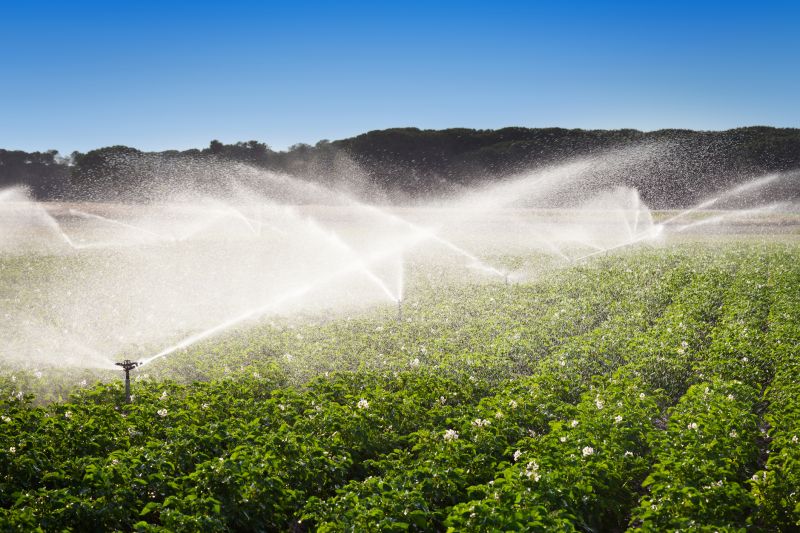
Preferred for ease of setup and reduced weather-related disruptions.
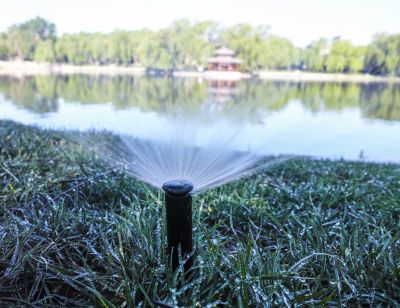
Ensures system readiness before winter weather and snow.
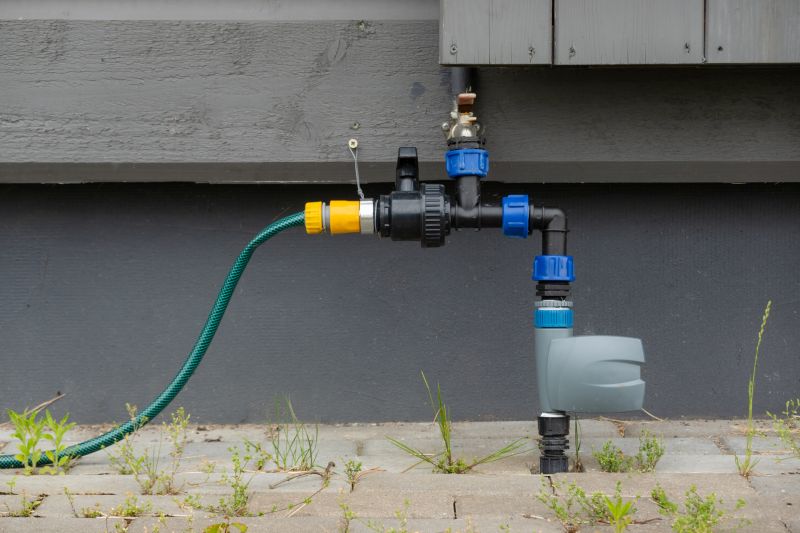
Allows for adjustments and testing after initial rainfall.
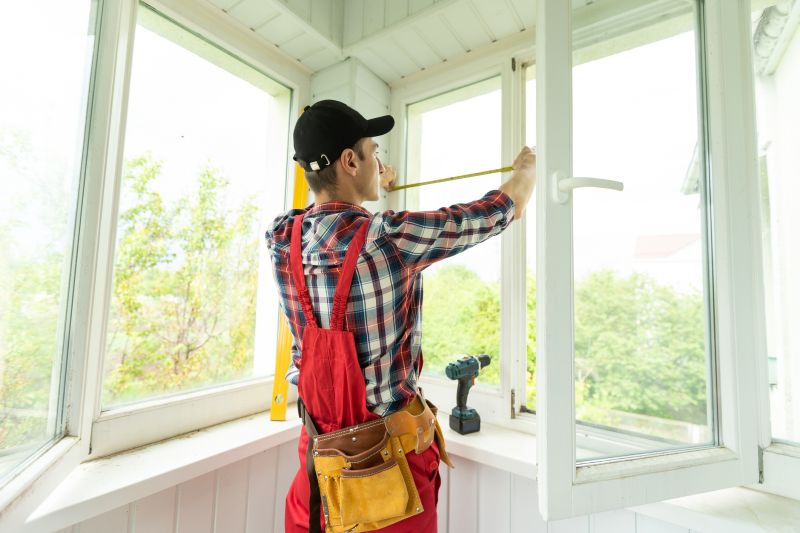
Little measurements that prevent headaches on Rainwater Collection Installations day.
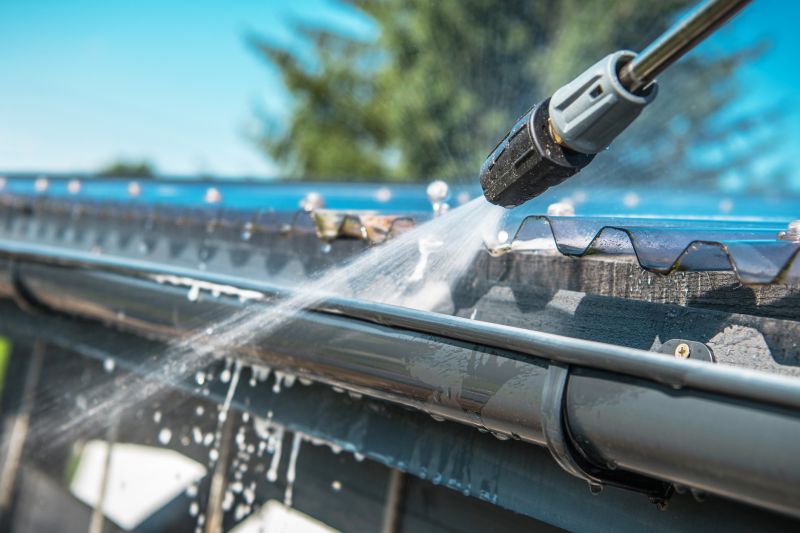
A 60-second routine that keeps Rainwater Collection Installations looking new.
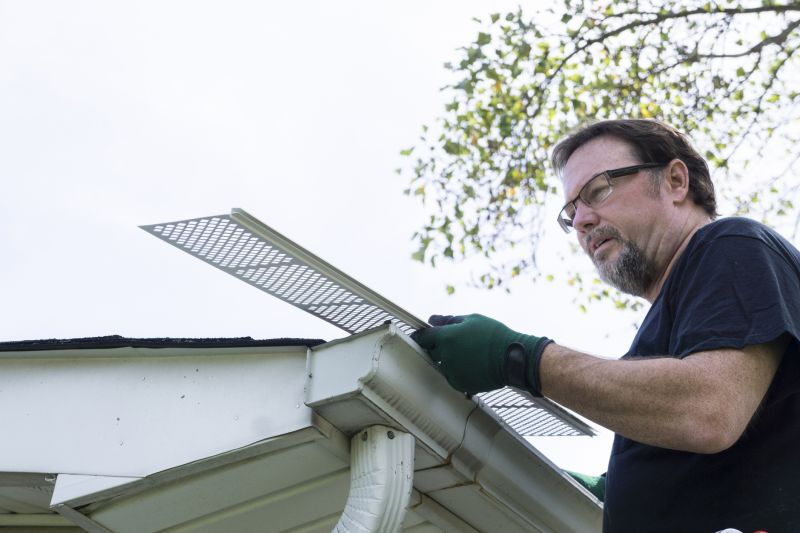
A frequent mistake in Rainwater Collection Installations and how to dodge it.

Small tweaks to make Rainwater Collection Installations safer and easier to use.
| Best Installation Time | Reason |
|---|---|
| Early Spring | Prepares for upcoming rainfall and reduces delays. |
| Late Summer | Prepares for fall rains and seasonal changes. |
| Autumn | Optimizes collection before winter weather. |
| Dry Season | Eases installation and reduces weather-related issues. |
| Pre-Winter | Ensures readiness for winter months. |
Lower-waste or water-saving choices for Rainwater Collection Installations.
The short, realistic tool list for quality Rainwater Collection Installations.
Rough timing from prep to clean-up for Rainwater Collection Installations.
